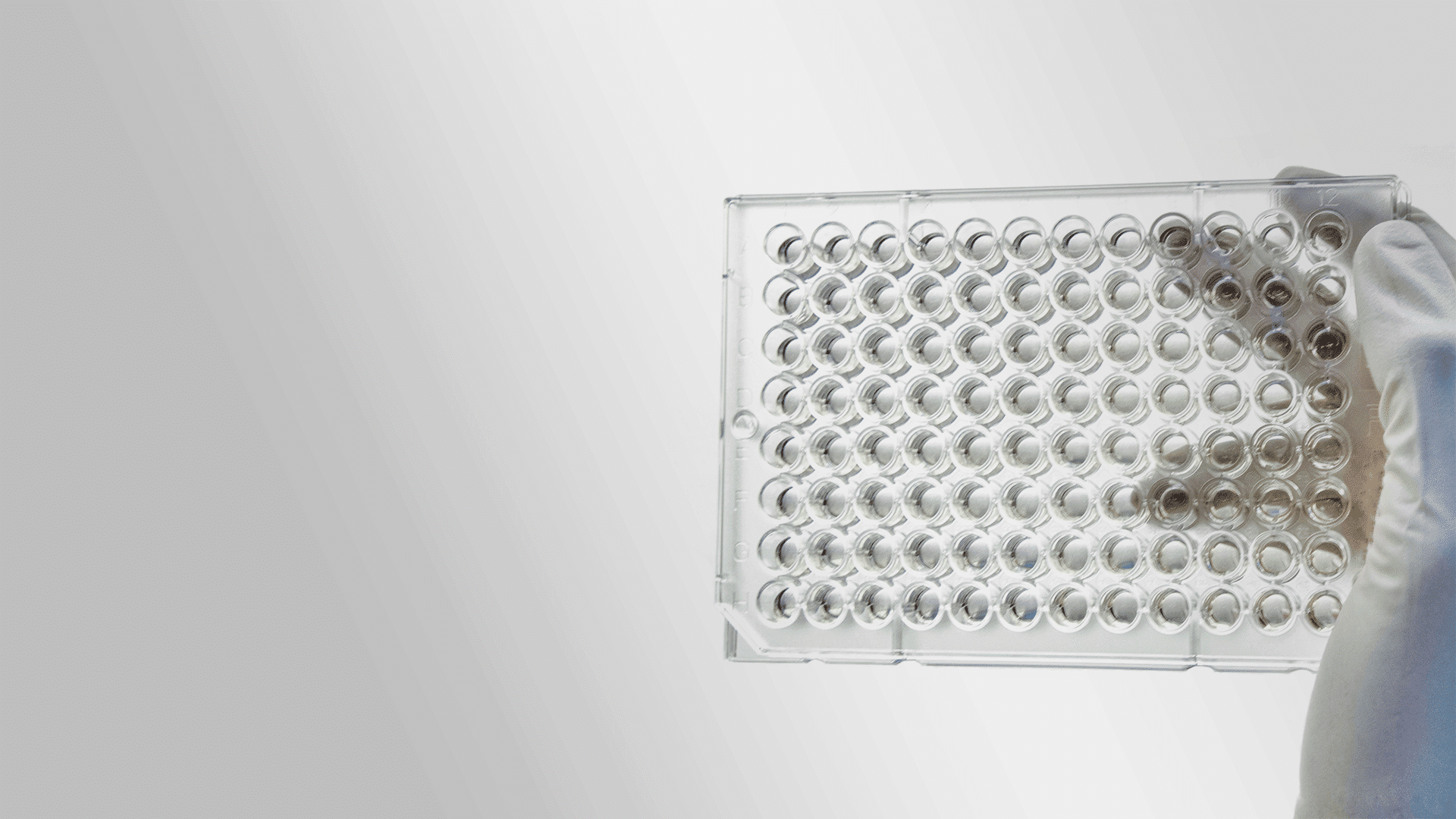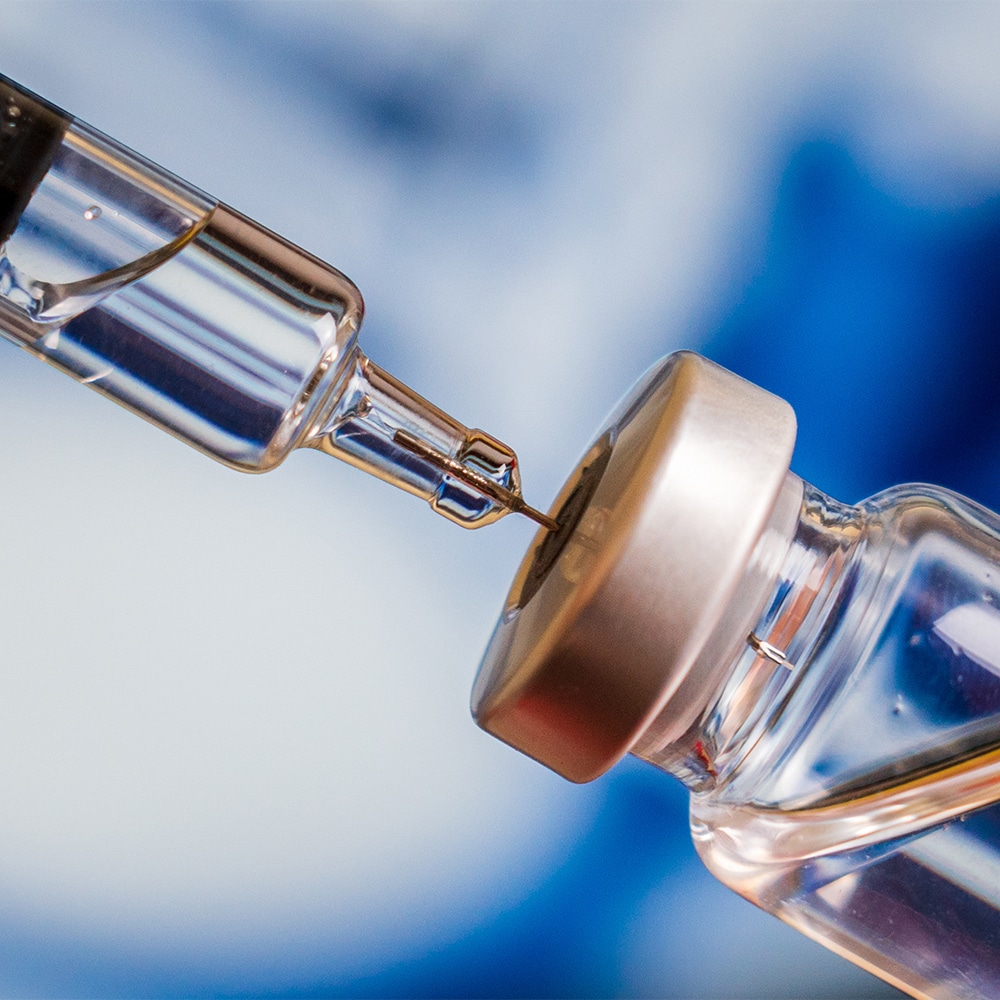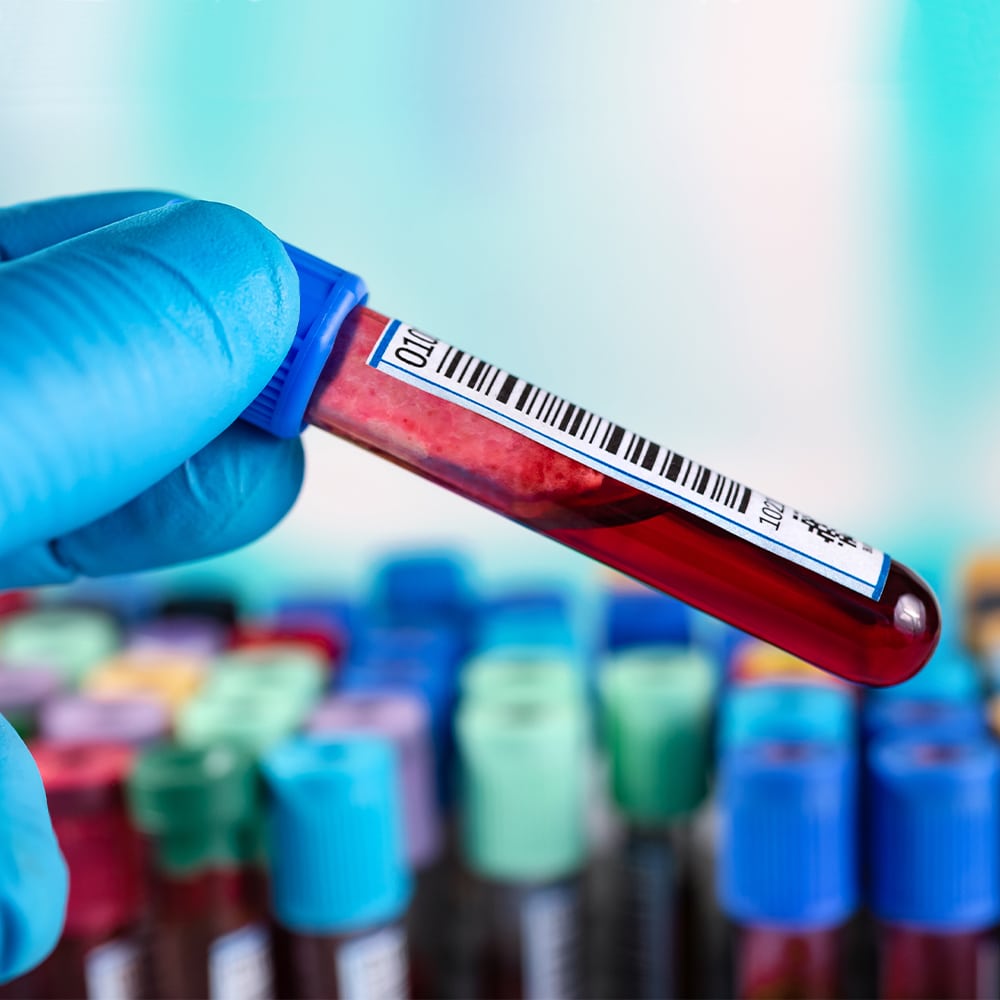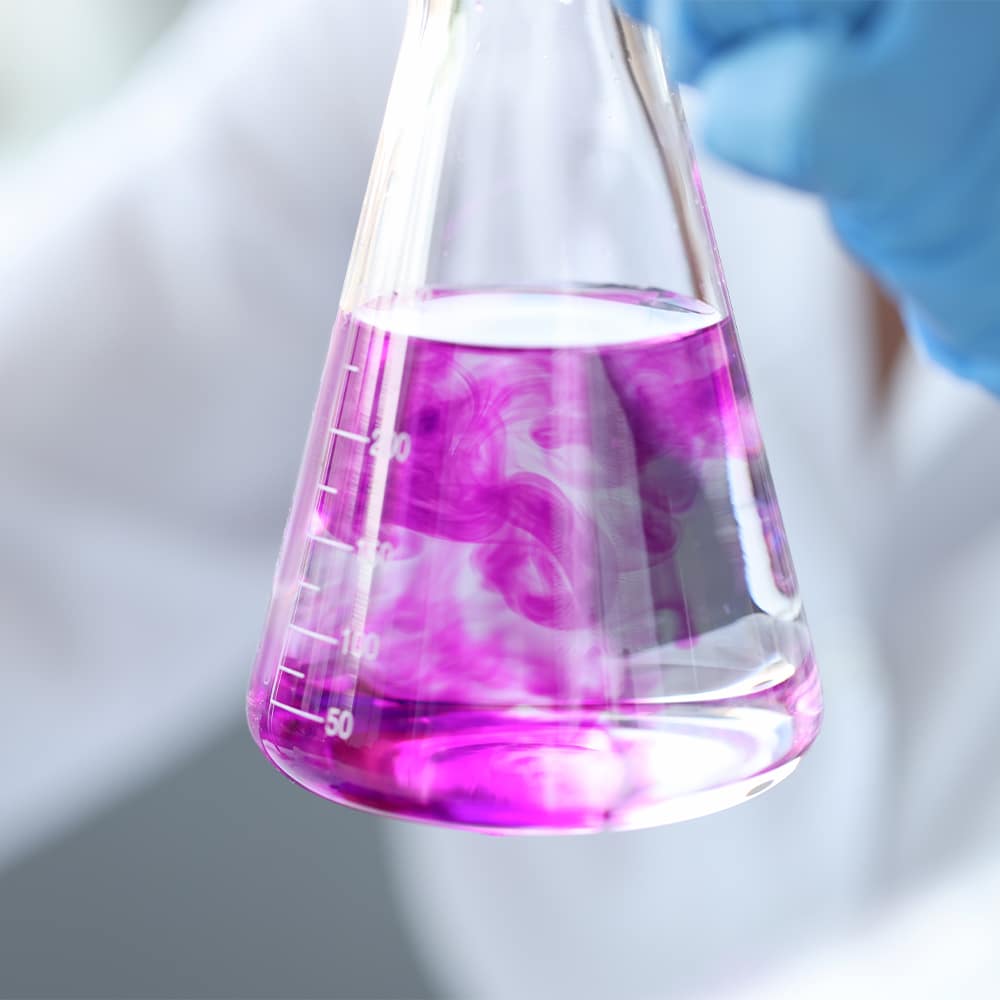summary
What is Cytotoxicity?
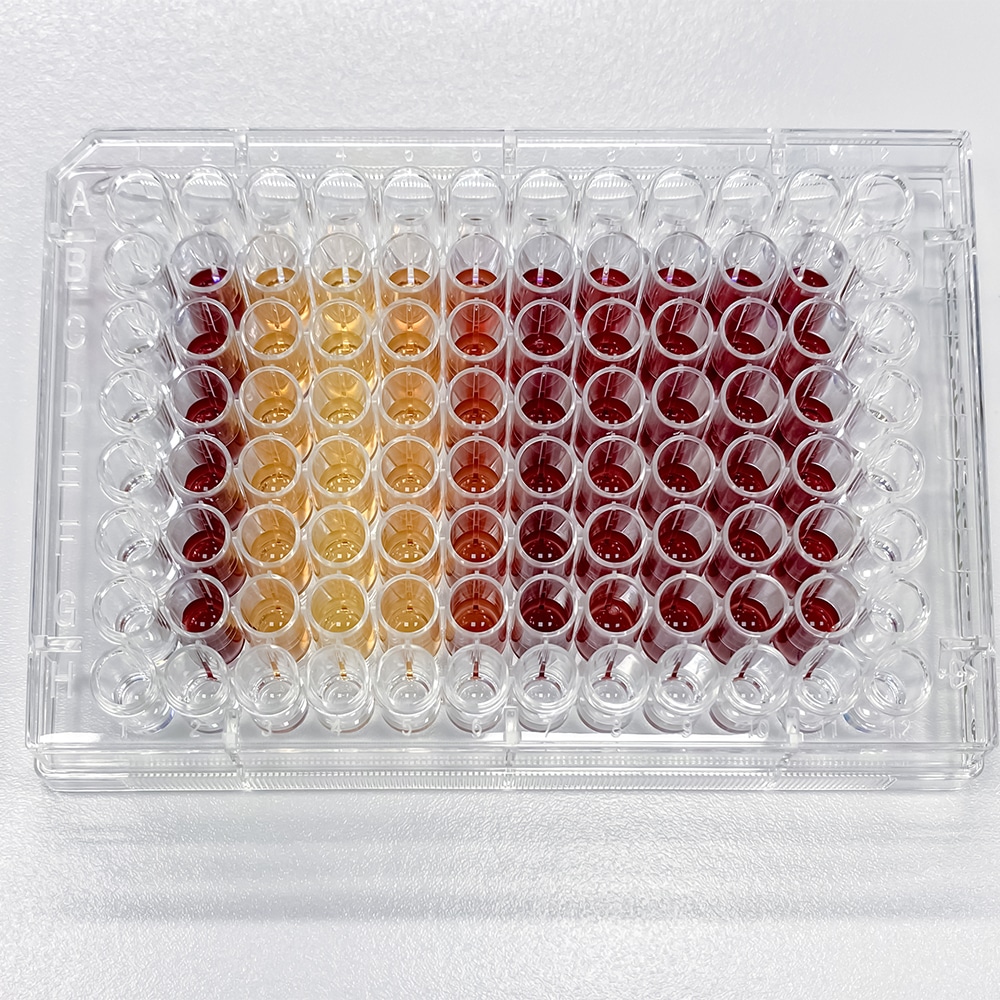
What is a Cytotoxicity Test?
A cytotoxicity test evaluates whether a material (or its extract) causes cell death or damage when introduced to cultured mammalian cells. In this study, ME-92 was tested using the ISO Elution Method, which involves:
- Preparing a test extract in culture medium (1X MEM)
- Dosing cultured L-929 mouse fibroblast cells with the extract
- Incubating for 48 hours at 37°C in 5% CO₂
- Observing cell morphology, growth, and lysis under a microscope
The response is graded on a scale from 0 (no reactivity) to 4 (severe reactivity). A grade of 2 or below is considered non-cytotoxic.
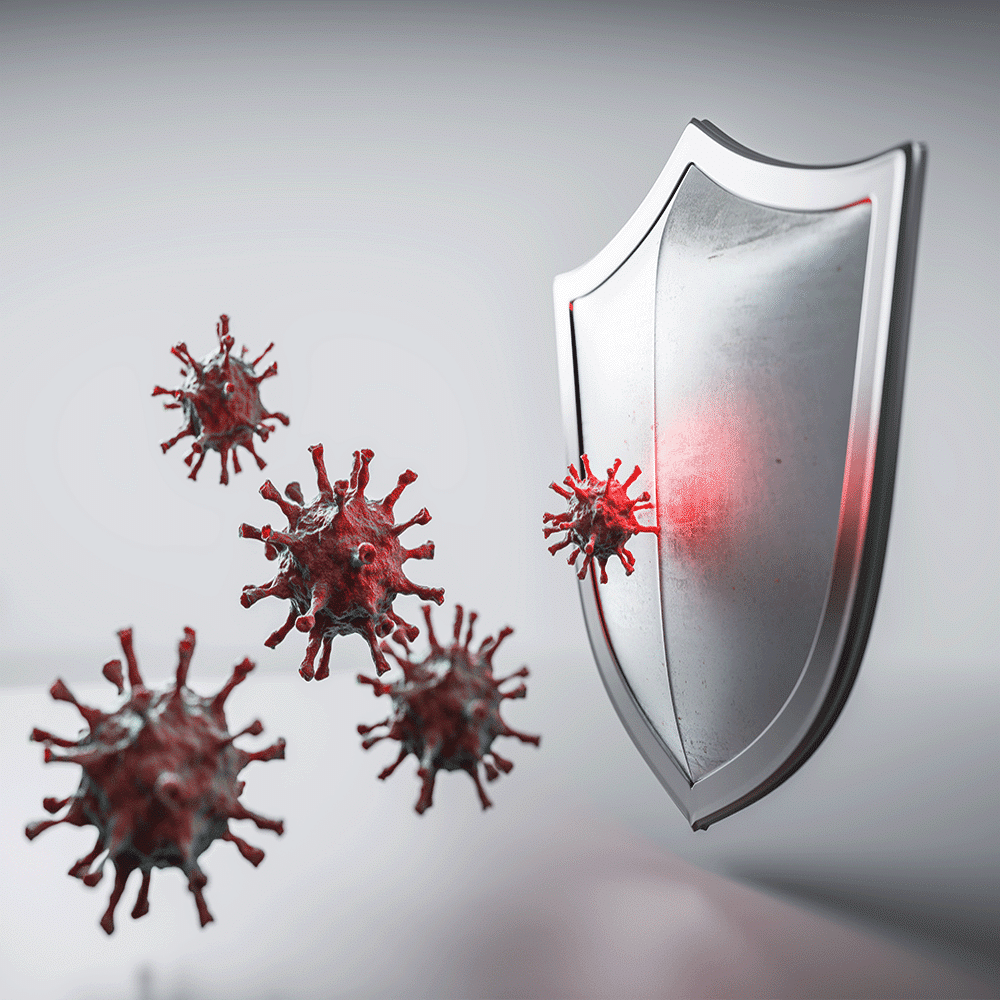
ME-92 Cytotoxicity Study Summary
ME-92’s thin dense chrome coating applied to 304 stainless steel (Lot #38408) was tested by NAMSA, an ISO 13485- and ISO 17025-accredited laboratory.
- Test Result: Grade 0 – No cell damage, lysis, or morphological changes
- Control Performance: All controls functioned as expected, validating the test
- pH Observation: No shift, indicating a stable and non-reactive environment
This confirms ME-92 is non-cytotoxic, safe for cell-contact environments, and compliant with ISO 10993-5 testing requirements.

Why Cytotoxicity Matters

Cytotoxicity testing confirms that ME-92 coatings do not release harmful substances into the body. This ensures material safety for surgical, implantable, or other medical devices—contributing to better healing, reduced complications, and stronger patient outcomes.

Partner With Us
Biocompatibility you can trust. Reach out to see how ME-92 coatings meet the highest standards in medical safety and performance.

